How Many Years Do You Need To Be A Psychologist
:max_bytes(150000):strip_icc()/how-long-does-it-take-to-become-a-psychologist-2794935-5b841e6946e0fb00504573ef.png)
Aspiring psychologists face a rigorous path. The journey to becoming a licensed psychologist demands significant dedication, spanning several years of intensive education and supervised experience.
Understanding the timeline is crucial for anyone considering this career. The specific duration varies based on degree pursued and state requirements, but expect a minimum of 8-12 years post-high school.
Educational Foundation: The Bachelor's Degree
The first step is a Bachelor's degree. This typically takes four years at a college or university.
While a psychology major is beneficial, it isn't always mandatory. However, coursework in psychology, statistics, research methods, and related sciences is strongly recommended to prepare for graduate studies.
Graduate Studies: Master's and Doctoral Degrees
A Master's degree in psychology might seem like the next logical step. This generally requires two to three years of study.
Some individuals pursue a Master's as a stepping stone to a doctoral program. Others might seek licensure as a Master's-level psychologist in states that permit it, although the scope of practice is usually more limited.
The Doctoral Path: PhD or PsyD
The most common route to independent practice is a doctoral degree. This comes in two primary forms: the Doctor of Philosophy (PhD) and the Doctor of Psychology (PsyD).
PhD programs emphasize research and scientific inquiry, while PsyD programs focus more on clinical practice.
Expect four to seven years of study for a doctoral degree. This timeline includes coursework, research (for PhD programs), and a mandatory clinical internship.
Supervised Experience: Gaining Practical Skills
After completing a doctoral degree, aspiring psychologists aren't quite ready to practice independently. Supervised professional experience is a critical component.
This usually involves one to two years of full-time supervised practice. The specific requirements are determined by individual state licensing boards.
During this period, candidates work under the guidance of a licensed psychologist. They hone their clinical skills, receive feedback, and gain practical experience in assessment, diagnosis, and treatment.
Licensure: The Final Hurdle
After fulfilling the educational and supervised experience requirements, the final step is licensure. This process varies from state to state.
Typically, it involves passing the Examination for Professional Practice in Psychology (EPPP). It often also includes a jurisprudence exam covering state-specific laws and regulations.
Once licensed, psychologists can practice independently. They can provide psychological services to the public within their area of expertise.
Breaking Down the Timeline: A Summary
Here's a condensed look at the typical timeline:
Bachelor's Degree: 4 years
Master's Degree (optional): 2-3 years
Doctoral Degree (PhD or PsyD): 4-7 years
Supervised Experience: 1-2 years
This results in a total commitment of at least 8-12 years post-high school. This commitment is essential for becoming a licensed psychologist.
What's Next? State-Specific Requirements
Due to the variations in state licensing laws, always consult with the relevant state board of psychology. They will give you accurate and up-to-date information.
Prospective students should research program accreditation, paying attention to whether a program is accredited by the American Psychological Association (APA). APA accreditation can impact licensure eligibility.
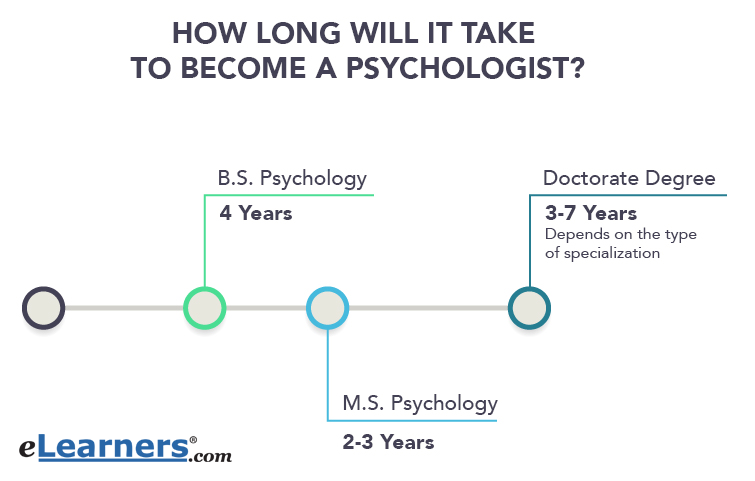
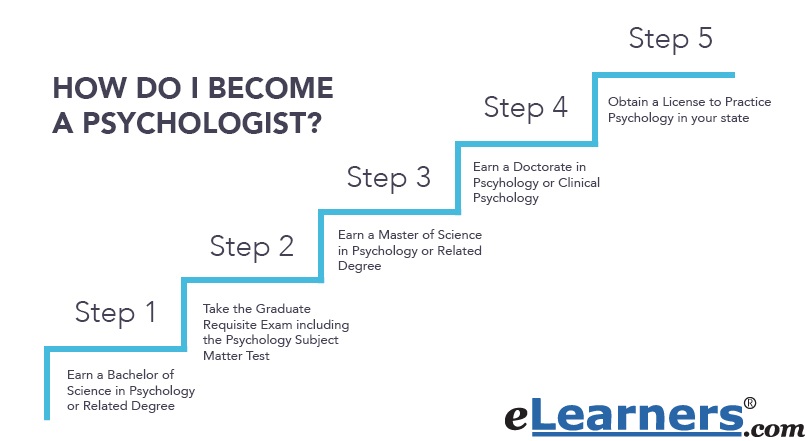
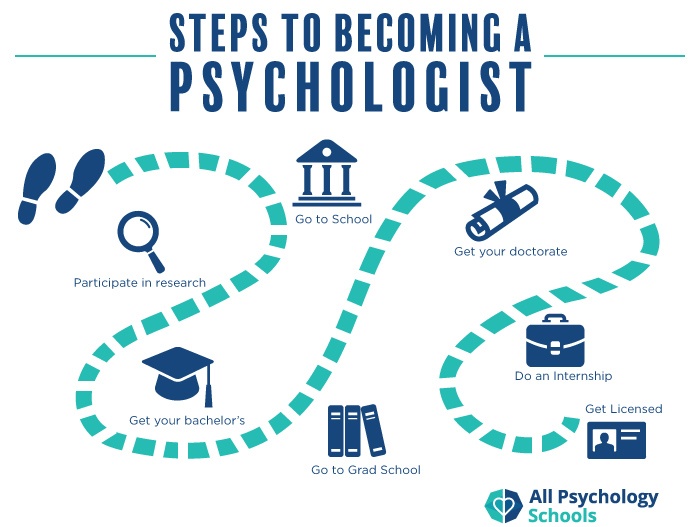
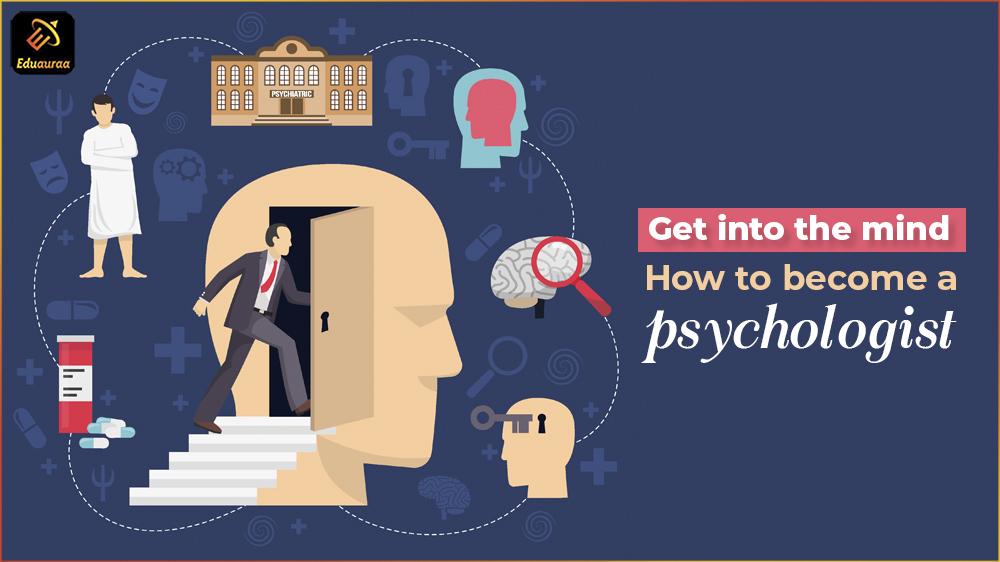
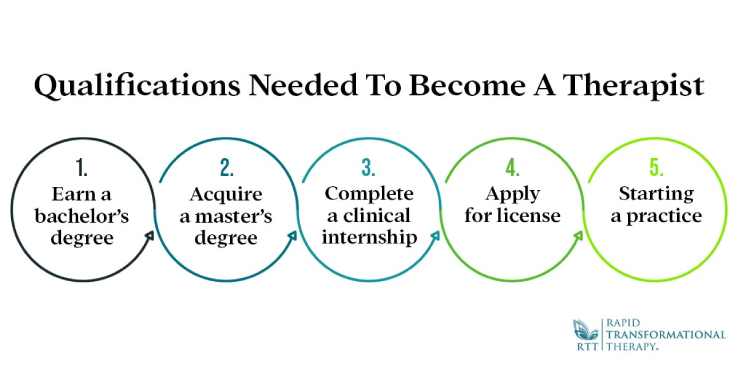
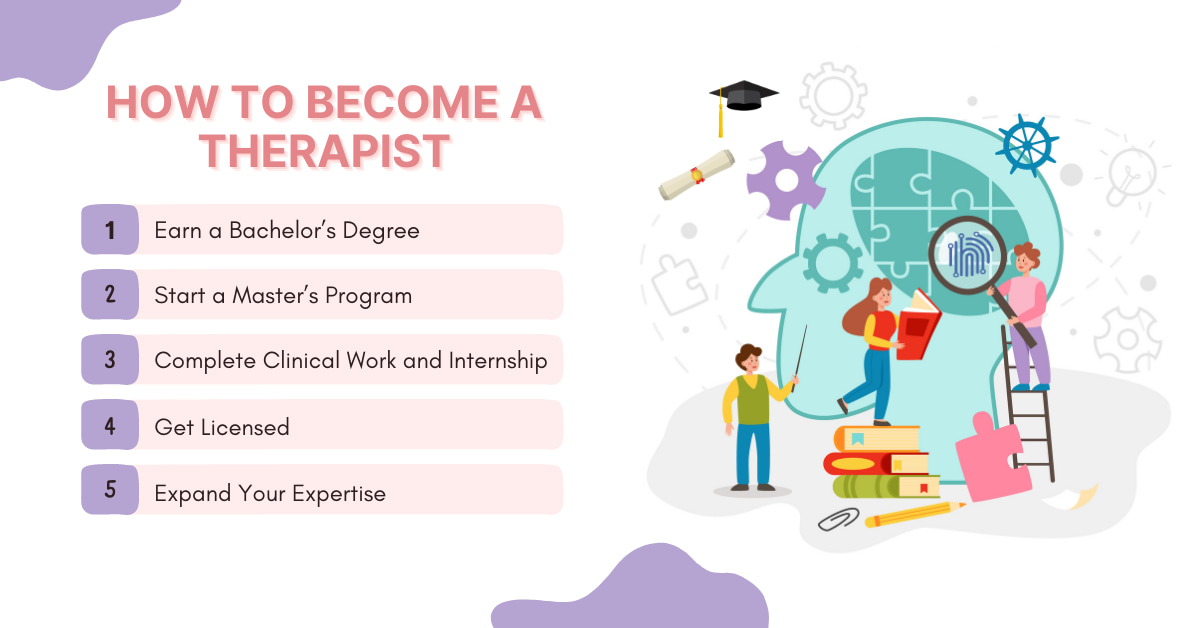


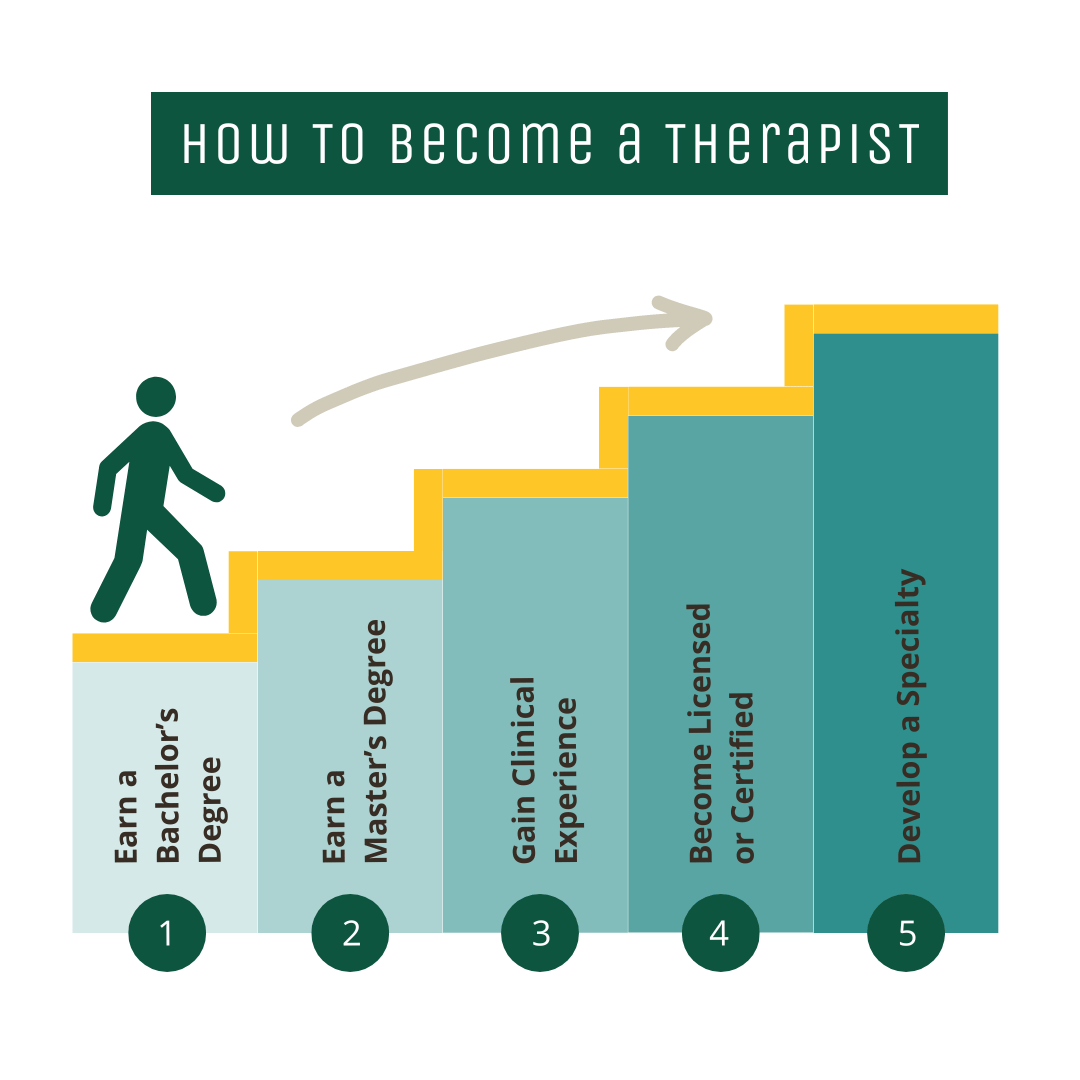







:max_bytes(150000):strip_icc()/psychology-degrees-2795151-01-5fc2b160d9c5417aa4e1cee9dea07c40.png)
